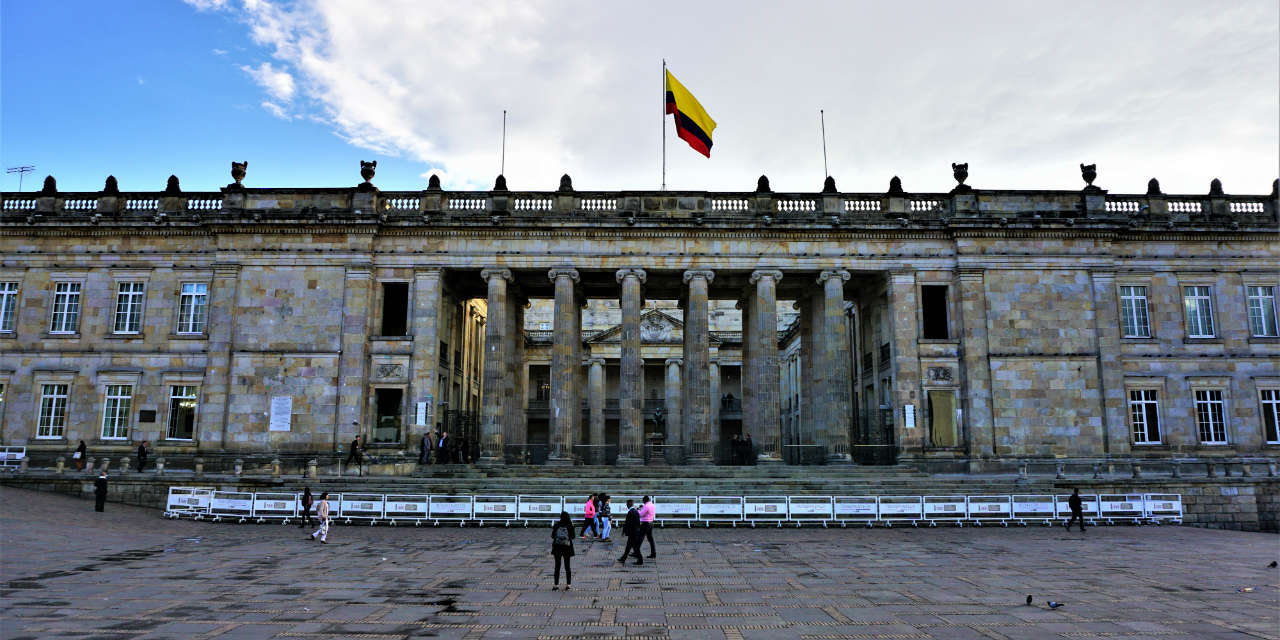Colombia’s senate was supposed to vote on the future of the country’s war crimes tribunal on Monday, but suspended the session after eight gut-wrenching hours of utter chaos.
The outcome of the vote has been widely known for weeks; the majority of the Senate wants to dismiss the objections of President Ivan Duque to the statutory law of the Special Jurisdiction for Peace.
But the president’s far-right party, the Democratic Center (CD), was not going to let a democratic majority take them down that easily.
The party has opposed the country’s peace process since before talks and probably knows that the pending Senate defeat would mark the beginning of the end of Duque.
As per usual, the debate began with votes on the impediment of senators who claim a personal conflict of interest.
Eight hours later, the session had not moved beyond this point and was suspended.
The descend into chaos began when CD Senators Paola Holguin and Alvaro Uribe declared themselves impeded to vote, and subsequently accused their colleagues of trying to exclude them for approving their impediments.
Holguin and Uribe’s self-imposed impediments were lifted after a second vote.
Senate president Ernesto Macias, who is also of the CD, then took to the attack and recused leftist Senator Ivan Cepeda.
According to Macias, Cepeda should have recused himself because his wife works at the JEP and the human rights defender has long promoted the peace process and the transitional justice system.
What followed was a barrage of mutual accusations of conflicts of interests that ended in the disqualification of Macias himself, Uribe and Senator Roy Barreras, the chairman of the senate’s peace commission.
By then, nobody knew how to proceed and senators simply took turns to express their disdain either of the war crimes tribunal or of the CD’s attempt to frustrate transitional justice.
Exhausted and in despair, senators of the center-right voting block reiterated that they and the leftist opposition would block all legislation until after the war crimes tribunal vote.
Eight hours after the session was opened and without having debated the subject of the debate, Duque’s objections to the JEP, the session was adjourned until Tuesday.



